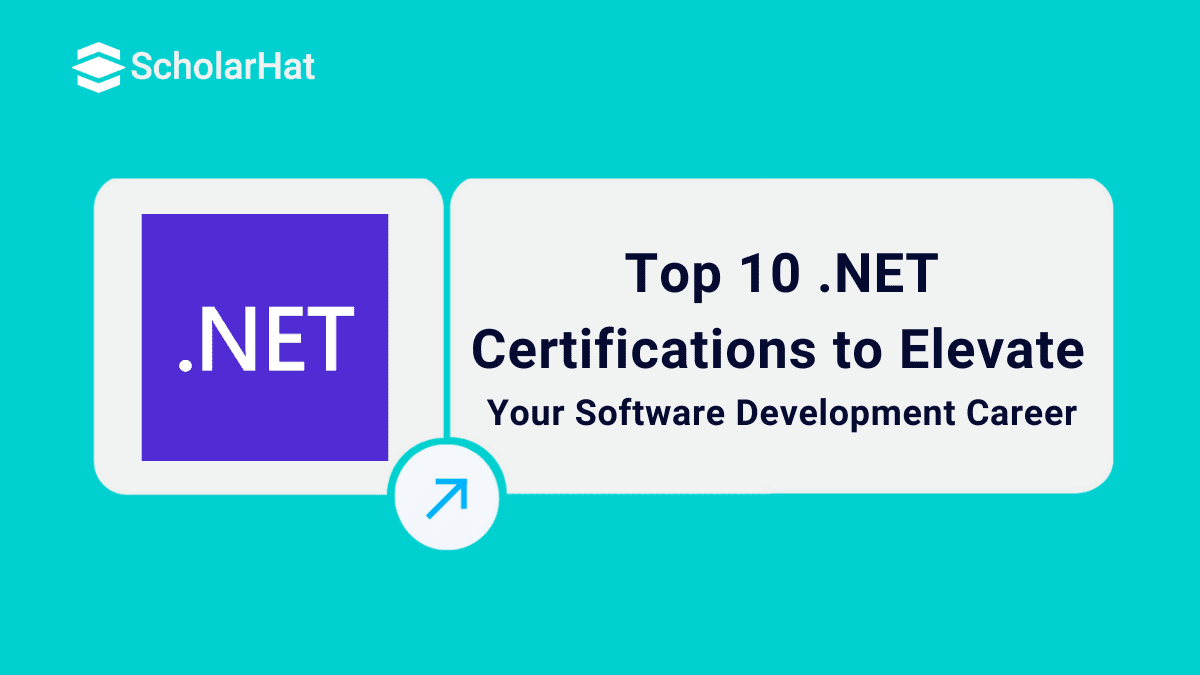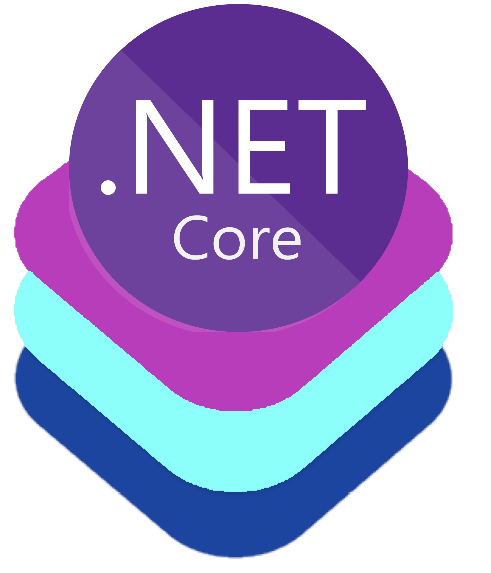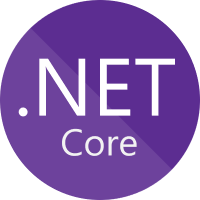06
FebTop 10 .NET Certifications to Elevate Your Software Development Career
If you are thinking about boosting your career with .NET certifications, and you are probably wondering like Can I really learn .NET in just 2 months? Honestly, yes, with the right focus and dedication, you can definitely pick up strong .NET fundamentals in a couple of months! But of course, becoming a certified .NET developer is about more than just speed; it is about mastering the skills that today's companies are looking for.

During interviews, you might also be asking, Is .NET still in demand in 2025? The answer is a big YES. From cloud applications to enterprise systems and even mobile apps, .NET is powering countless industries, and companies are always on the lookout for skilled developers.
Now, about the cost, how much does a .NET certification cost? Well, it depends on the certification you choose. Microsoft certifications. There are also affordable courses on platforms like Scholarhat or LinkedIn Learning if you're looking for budget-friendly options.In short, if you are ready to put in the effort, becoming a certified .NET developer could be one of the smartest moves for your tech career right now!
Hence,in this .NET Tutorial, we'll explore why pursuing .NET certifications is a strategic move, how to choose the right .NET certification for your goals, a curated list of the top 10 .NET certifications, and practical tips to ace your exams.
Why Pursue .NET Certifications?
The technology landscape is constantly evolving. As more businesses shift towards digital solutions, the demand for skilled .NET developers continues to rise. Here’s why pursuing a .NET certification can be a game-changer:
1. Validate Your Skills
Certifications act as proof of your technical capabilities, showing employers that you have mastered industry standards and best practices.
2. Enhance Employability
According to multiple surveys, certified professionals are more likely to land interviews and job offers. Many recruiters prioritize certified candidates when hiring.
3. Gain a Competitive Edge
In a crowded job market, certifications set you apart. They demonstrate your commitment to learning and continuous improvement.
4. Access Better Job Roles
Higher salaries, leadership roles, and opportunities to work on prestigious projects often go to candidates with validated credentials.
5. Stay Updated with Industry Trends
Preparing for certifications ensures you're up to date with the latest .NET versions, architecture patterns (like microservices), and cloud-native development.
How to Choose the Right .NET Certification
Choosing the right .NET certification depends on your current skill level, career goals, and the type of projects you want to work on. Here are factors to consider:
1. Assess Your Experience Level
- Beginner: Look for certifications covering basic C# programming and .NET fundamentals.
- Intermediate to Advanced: Focus on specializations like web apps, Azure integration, or architecture.
2. Determine Your Career Path
Are you targeting roles like software developer, solutions architect, or cloud engineer? Each path may align with different certifications.
3. Match Certification Focus with Your Interests
- Love web development? Choose ASP.NET Core certifications.
- Passionate about cloud? Look into Azure-focused .NET certifications.
4. Consider Industry Recognition
Opt for certifications from recognized organizations like Microsoft.
5. Evaluate Course Content and Exam Format
Make sure the certification offers practical hands-on projects, not just theory.
Top 10 .NET Certifications for Software Developers
1. Microsoft Certified: Azure Developer Associate (AZ-204)
Overview: AZ-204 validates your skills in developing cloud applications and services using Azure and .NET technologies.
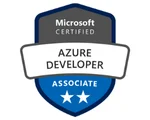
Key Skills Covered:
- Azure Functions
- App Service Web Apps
- Azure Storage solutions
- Authentication and authorization
Ideal for: .NET developers transitioning to cloud-based solutions.
2. Microsoft Certified: Azure Solutions Architect Expert (AZ-305)
Overview: Focuses on designing scalable solutions on Azure, often using .NET microservices and serverless architectures.
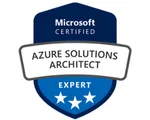
Key Skills Covered:
- Infrastructure design
- Application architecture
- Data storage strategies
Ideal for: Experienced developers aiming to become architects.
3. Microsoft Certified: DevOps Engineer Expert (AZ-400)
Overview: This certification emphasizes automation, continuous integration, and continuous deployment (CI/CD) using Azure DevOps and .NET apps.
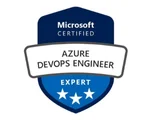
Key Skills Covered:
- Infrastructure as Code (IaC)
- Agile project management
- Secure coding practices
Ideal for: Developers interested in DevOps roles.
4. Programming in C# Certification (Exam 70-483)
Overview: Although retired officially by Microsoft, its curriculum is still taught and is highly valuable. It focuses on advanced C# programming concepts.
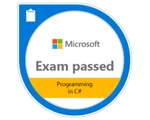
Key Skills Covered:
- Object-oriented programming
- Data access
- Multithreading and parallel programming
Ideal for: Core C# developers.
5. Microsoft Certified: Power Platform Developer Associate (PL-400)
Overview: While broader than just .NET, PL-400 covers building scalable business solutions with Power Apps, which frequently integrate with custom .NET components.
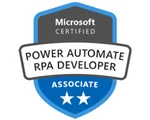
Key Skills Covered:
- Power Apps
- Azure Functions
- API integrations
Ideal for: Developers working on enterprise solutions.
6. The Complete ASP.NET MVC 5 Course
Overview: This course offers a certification focused on ASP.NET MVC, which is ideal for traditional enterprise and web app developers.
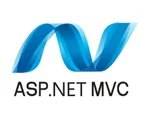
Key Skills Covered:
- MVC architecture
- Entity Framework
- User authentication and security
Ideal for: Web application developers.
7. Scholarhat .NET Course
Overview: Scholarhat offers learning paths culminating in certification for .NET Core, C#, ASP.NET, and Azure development.
Key Skills Covered:
- Modern .NET Core techniques
- Cloud-native .NET development
- Design patterns
- Ideal for: Developers seeking structured, in-depth learning.
8. LinkedIn Learning: Become a .NET Developer Certificate
Overview: A comprehensive course series from LinkedIn Learning focusing on building a strong foundation in C# and .NET.
Key Skills Covered:
- C# programming
- ASP.NET
- Entity Framework
Ideal for: Beginners transitioning into professional roles.
9.Introduction to C# Programming and Unity
Overview: Combines C# skills with game development using Unity, a major career path within the .NET ecosystem.
Key Skills Covered:
- C# programming basics
- Game design principles
- Unity engine uses
Ideal for: Developers interested in game development.
10. Microsoft Certified: .NET MAUI Developer (Coming Soon)
Overview: .NET MAUI (Multi-platform App UI) is the next evolution of Xamarin, enabling cross-platform mobile and desktop app development.
Key Skills Covered:
- Cross-platform UI development
- .NET 7/8 features
- Performance optimization
Ideal for: Mobile developers working across iOS, Android, and Windows.
Tips to Prepare for .NET Certification Exams
Successfully earning a certification requires more than just theoretical knowledge. Here are practical tips:
1. Understand the Exam Objectives
Always download and study the exam blueprint. Know what topics will be tested.
2. Use Hands-On Labs
Practice coding real applications using Visual Studio, Azure Portal, and GitHub repositories. Hands-on experience sticks better than reading theory.
3. Join a Study Group
Engage with community forums, LinkedIn groups, or Discord servers where others are also preparing.
4. Take Practice Tests
Regular practice tests help identify weak areas and get you comfortable with the exam format.
5. Schedule Consistent Study Time
Devote a fixed number of hours weekly towards certification preparation to build momentum.
6. Learn by Building Projects
Nothing beats building small real-world projects that use the topics you're studying. Try creating a REST API with ASP.NET Core or a small Blazor app.
Career Opportunities After Earning .NET Certifications
With a .NET certification, you unlock a wide range of career opportunities across industries. Here are a few examples:
- .NET Developer: Building high-performance, secure web applications using C# and ASP.NET.
- Cloud Application Developer: Designing scalable, resilient cloud-native apps using Azure services integrated with .NET.
- Solutions Architect: Designing and leading large enterprise projects, selecting the best technology stacks.
- DevOps Engineer: Implementing CI/CD pipelines, automating deployments, and ensuring code quality in .NET projects.
- Mobile App Developer: Building cross-platform apps using .NET MAUI and Xamarin.
- Game Developer: Designing games for various platforms using Unity and C#.
- Backend API Developer: Specializing in developing high-performing APIs using ASP.NET Core.
| Role | Average Salary (INR/year) | Salary Range (INR/year) | Source |
| .NET Developer | ₹7.5 Lakhs | ₹5.0L – ₹15.0L | Talent.com |
| Cloud Application Developer | ₹9.5 Lakhs | ₹3.5L – ₹28.2L | AmbitionBox |
| Solutions Architect | ₹30.0 Lakhs | ₹13.0L – ₹45.0L | Glassdoor |
| DevOps Engineer | ₹9.5 Lakhs | ₹3.8L – ₹39.0L | AmbitionBox |
| Mobile App Developer | ₹11.0 Lakhs | ₹5.6L – ₹20.0L | Talent.com |
| Game Developer | ₹4.7 Lakhs | ₹3.3L – ₹9.6L | Internshala |
| Backend API Developer | ₹8.25 Lakhs | ₹1.6L – ₹17.0L | Glassdoor |
Conclusion
.NET remains a future-proof skill in today’s software development landscape, and certifications are your ticket to standing out. Whether you're aiming for your first junior developer role, a senior engineering position, or a solutions architect role, the right .NET certification can accelerate your journey.
By choosing the right certification, preparing strategically, and applying your skills through hands-on practice, you not only elevate your career but also open doors to new, exciting, and higher-paying opportunities.
So, which .NET certification will you pursue first?
| Check this Out: |
| .NET Certification Training |
| .NET Microservices Certification Training |
| ASP.NET Core Course |
| Azure DevOps Certification Training |
| Azure Solution Architect Certification Training |
FAQs
- Learn core .NET concepts like C#, ASP.NET Core, Entity Framework, and APIs.
- Choose a certification like Microsoft Certified: .NET Developer (via Azure certifications or third-party platforms).
- Prepare using official Microsoft Learn content, practice tests, and real projects.
- Register and pass the certification exam through authorized providers like Pearson VUE.
- Microsoft Official Certifications typically range from ₹4,800 to ₹12,000 INR ($60–$150 USD), depending on the exam and your country.
- Some certifications bundled with courses or academies may cost more, but often include extensive learning resources.
- Microsoft Certified: Azure Developer Associate (AZ-204) — covers .NET application development on Azure.
- Microsoft Certified: Dev Fundamentals with .NET (via Microsoft Learn) — a free or low-cost path to validate your basics.
- Beginners: 3–6 months with regular study (5–8 hours per week)
- Experienced developers: 1–2 months of focused preparation
- Certification + Practical Skills + Project Experience
Take our Net skill challenge to evaluate yourself!

In less than 5 minutes, with our skill challenge, you can identify your knowledge gaps and strengths in a given skill.

